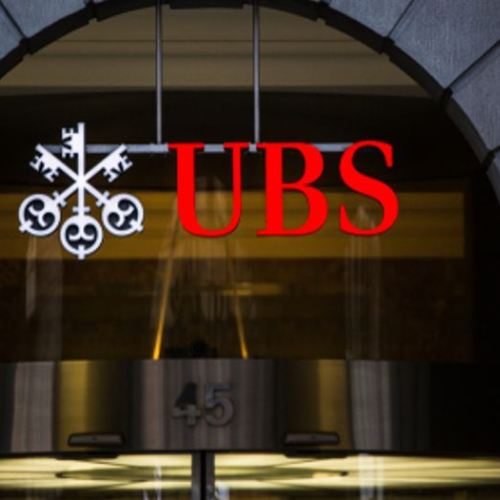Swiss federal prosecutors have decided to appeal a court ruling that had cleared the name of Credit Suisse, a famous Swiss bank now part of UBS. This case is tied to a serious money laundering scandal connected to a Bulgarian cocaine trafficking gang.
Between 2004 and 2008, large sums of money—believed to be profits from drug trafficking—flowed through Credit Suisse accounts. Prosecutors had argued that the bank failed to do enough to stop these criminal funds from moving through its system. This made the case a test for how Swiss law handles banks accused of helping in illegal activities, even if unintentionally.
In the beginning, the court found Credit Suisse guilty. However, in November, the Federal Criminal Court decided to acquit the bank, meaning it was officially cleared of the charges. But now, the federal prosecutor is pushing back, asking Switzerland’s highest court—the Swiss Supreme Court—to cancel this acquittal and reconsider the matter.
Russian Accounts from Credit Suisse Triggers US Investigation of UBS
The federal attorney general’s office has been cautious about revealing too much detail but confirmed they lodged their appeal in March. There’s no clear timeline on when the next decision will come, but the legal fight is far from over.
UBS Caught in the Legal Crossfire
UBS, Switzerland’s largest bank, is now deeply involved in this case because it merged with Credit Suisse after the latter faced financial troubles. UBS has acknowledged the ongoing legal drama in its recent quarterly report.
Interestingly, UBS has also filed its own appeal. The key question they are raising is whether a bank that has taken over another—like UBS did with Credit Suisse—can be blamed for crimes or wrongdoings committed before the merger. In simpler terms: Should UBS be held responsible for something that happened when it wasn’t even involved?
This point is very important for banks and businesses all over the world. If the court decides that UBS is liable, it could set an example where any company that merges with another might inherit not just its assets but also its legal problems.
So, while the original case was about drug money and weak controls, the appeal now has even broader implications. It’s not just about whether Credit Suisse did wrong—it’s also about whether UBS should bear the punishment now.
UBS’s Legal Struggles: Navigating the Credit Suisse Money Laundering Case
A High-Profile Legal Battle Continues
This case has attracted attention because it touches on some of the biggest names in banking and deals with serious crimes like drug trafficking. Prosecutors believe that between 2004 and 2008, Credit Suisse didn’t have strong enough checks in place to stop criminals from moving their illegal profits through the bank.
The court’s initial guilty verdict was a big deal, as it marked one of the rare times a Swiss bank faced conviction for money laundering. But when the Federal Criminal Court later acquitted Credit Suisse, saying the evidence wasn’t strong enough to prove their failure, it shocked many.
Now, by taking the matter to the Supreme Court, the Swiss prosecutor is showing that they are not ready to let the case go. They want the court to look again at the facts and possibly bring back the guilty verdict.
UBS, now owning Credit Suisse, finds itself in a tricky spot. While the bank notes the appeal in its report, it is also fighting to make sure it is not held responsible for actions taken before the merger.
As of now, both sides are waiting for the Swiss Supreme Court’s next move. Until then, this legal saga continues to cast a shadow over Switzerland’s banking world.
